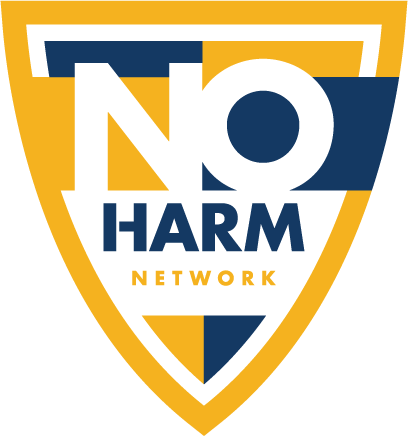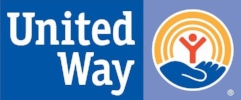Celebrate HER
/Written by: Hannah D. Counter, M.A., LPC, EMDR-Trained, Youth Program Clinical Director, NFNL
In 2022, 48% of the women and youth that we served at New Friends New Life (NFNL) were African American and 21% of the women and youth that we served were members of the LGBTQIA community. As we move through the month of June, it is important to remember that the celebrations of Pride Month (celebrating the LGBTQIA community) and Juneteenth (celebrating the African American Community) both have representatives right here at NFNL.
According to the National Museum of African American History & Culture, “Even though the Emancipation Proclamation was made effective in 1863, it could not be implemented in places still under Confederate control… Freedom finally came on June 19, 1865, when some 2,000 Union troops arrived in Galveston Bay, Texas. The army announced that more than 250,000 enslaved black people in the state, were free by executive decree. This day came to be known as "Juneteenth," by the newly freed people in Texas.”
As stated in the Library of Congress, “Lesbian, Gay, Bisexual, Transgender and Queer (LGBTQ) Pride Month is currently celebrated each year in the month of June to honor the 1969 Stonewall Uprising in Manhattan…The purpose of the commemorative month is to recognize the impact that lesbian, gay, bisexual and transgender individuals have had on history locally, nationally, and internationally.”
Part of the way we define “trauma informed care” here at NFNL is seeing our members as individuals and honoring each part of their identities. Our women and girls have many different identities and roles in their life. Each one of those roles have value and worth. These individuals are more than just survivors of sex trafficking. They are African American, Latino, mother, employee, Muslim, student, daughter, heterosexual, Christian, friend, lesbian, aunt, American Indian, bisexual, mentor, survivor.
So, throughout this month, when you see the celebrations of Pride and Juneteenth, think of our women and girls. Remember that people are diverse and fluid and are representative of so many different communities that have value and are worth celebrating. And, when we stand for HER, we don’t only stand for the trafficked part of her, we stand for ALL of her.
Want to learn more about how you can take a stand for her? Get involved in our Circle of Friends, join the Men’s Advocacy Group, volunteer with us, partner with us through in-kind donations or offer financial support.









